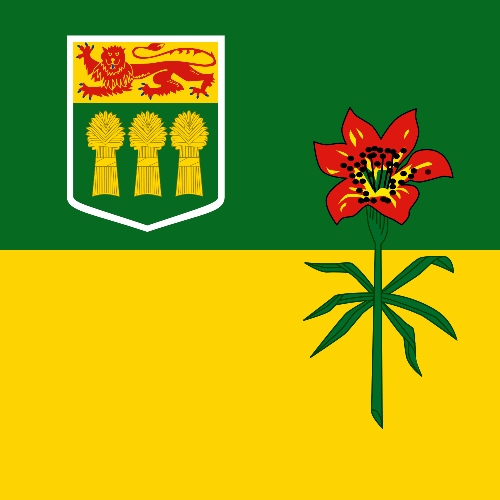Create various visual, multimedia, oral, and written texts that explore identity (e.g., The Search for Self), social responsibility (e.g., Our Shared Narratives), and efficacy (e.g., Doing the Right Thing).
| (a) |
Create and deliver a variety of personal, literary, and informational communications, including poems, stories, personal essays, and oral, visual, written, and multimedia presentations (e.g., written explanations, summaries, arguments, letters, biographies) that address identity, social responsibility, and efficacy. |
| (b) |
Create and present speeches, writing, and other representations that feature the following qualities: Message Content or Ideas (Meaning): Focuses on main ideas and information for audience and purpose; provides relevant details, examples, and explanations; is accurate, complete, and uses own words; shows some individuality or originality in literary texts; contains ideas and images that create an impact. Organization and Coherence (Form): Introduces the topic and purpose; provide context; sticks to the topic; easy to follow with related ideas grouped together (sequence is logical); uses a variety of connecting words; creates a logical ending; includes appropriate, and required text features (e.g., titles, headings, diagrams, illustrations) is correctly constructed; uses paragraphs that have main ideas and supporting details. Language Conventions (Style and Language Choices): Uses clear purpose and language; shows a good sense of audience; contains description and variety in diction; contains a variety of sentence lengths and varied sentence beginnings; demonstrates the use of several different conjunctions; formulates simple, compound, and complex sentences (avoiding run-ons and fragments); applies the conventions of oral and written language, including correct spelling, correct punctuation (including use of colon, dash, and hyphen), syntactically complete and correct sentences (avoiding run-ons and fragments), uses legible cursive handwriting and clear representations which are visually accurate, legible, and neatly presented. |
| (c) |
Create original texts to communicate and demonstrate understanding of forms and techniques. |
| (d) |
Use speaking, writing, and other forms of representing to respond to experiences and to texts. |






- Ask Artists Episode 5: “Out Loud” Songwriting (Part 1: Meet The Artist) - Lancelot Knight
- Ask Artists Episode 5: “Out Loud” Songwriting (Part 2: About Songwriting) - Lancelot Knight
- Ask Artists Episode 5: “Out Loud” Songwriting (Part 3: Writing a Song) - Lancelot Knight
- Ask Artists Episode 5: “Out Loud” Songwriting (Part 4: Performance - Big Fish) - Lancelot Knight




